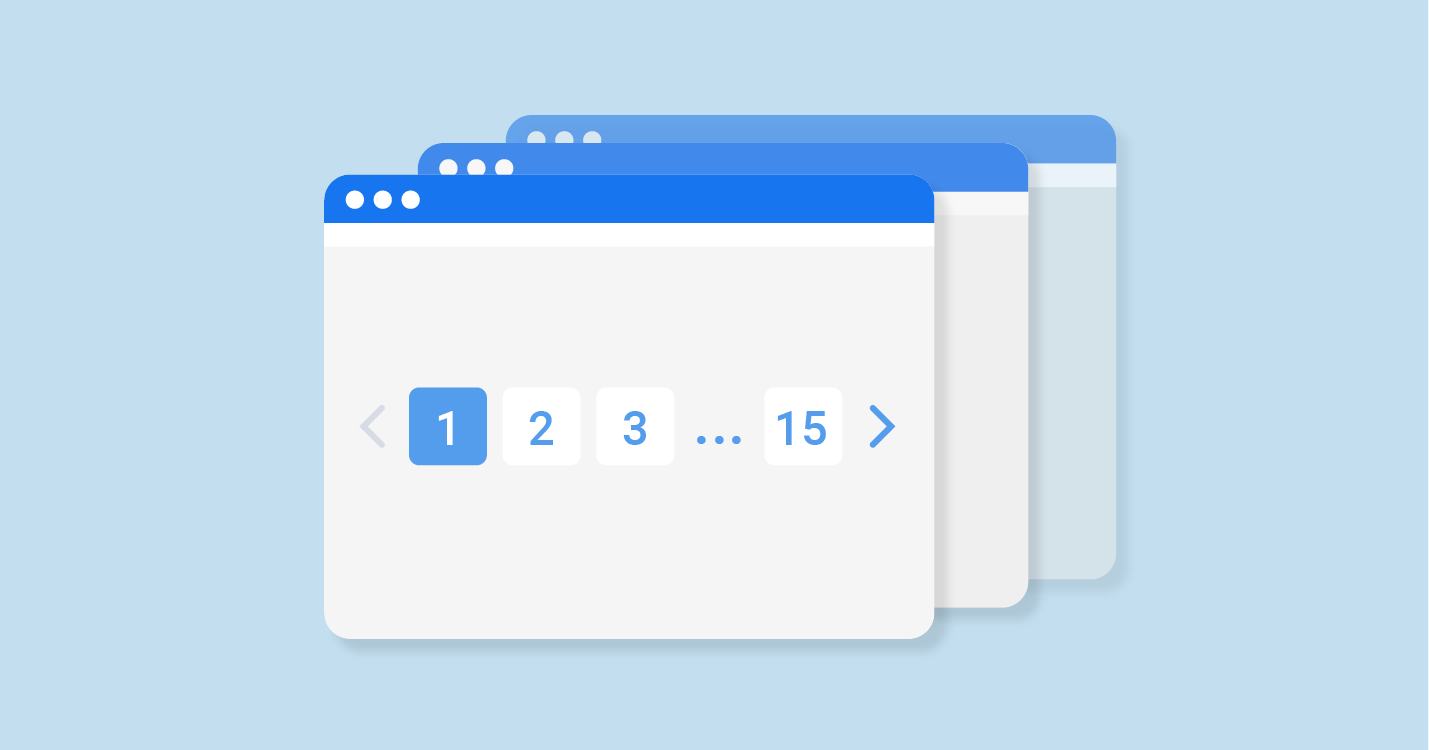We’ve recently discussed the main pros associated to splitting up content on a website (pagination of 
Load Time
An inherent problem with pagination is the fact the web user has to load the next page in order to view the contents. This means that the web user will have to wait for the page to finish loading every time they want to read a bit more content (the next page). Web users have a short attention span. Over pagination can become very tedious, leading to some web users exiting the website to find a website without any such problems.
Negative SEO
Although the first page is directly linked to the homepage of a website, every other pagination page is not and is only linked through the first page of the pagination content. This is not good, in terms of search engine optimization. In actual fact, this can have a negative impact to the article’s ranking, when comparing it directly to if pagination was not used.
Crawl Problems
Linking with the above point on SEO, search engines process websites and their content by using crawl robots to scan the content of a website. This is generally a straight forward process for crawl robots to crawl an article. However, when pagination is used, it is making it harder for the crawl robot to process and scan the content, if it is on different pages. This can lead to negative impacts, relating to how much content is crawled by search engines, as well as negative SEO.
Will Need to Invest in Servers
A problem that many website owners do not think about involves the servers of the website. Since articles are paginated, the amount of web pages the web user has to load increases if they want to read the whole article. If every page on the website is paginated, you should be able to quickly see that the number of requests to load pages will increase dramatically. For many servers, they should be able to cope with this. However, if your host package is dependent on bandwidth or pageviews, you may find you will need to upgrade your package to accommodate the server load that comes with paginating articles.




